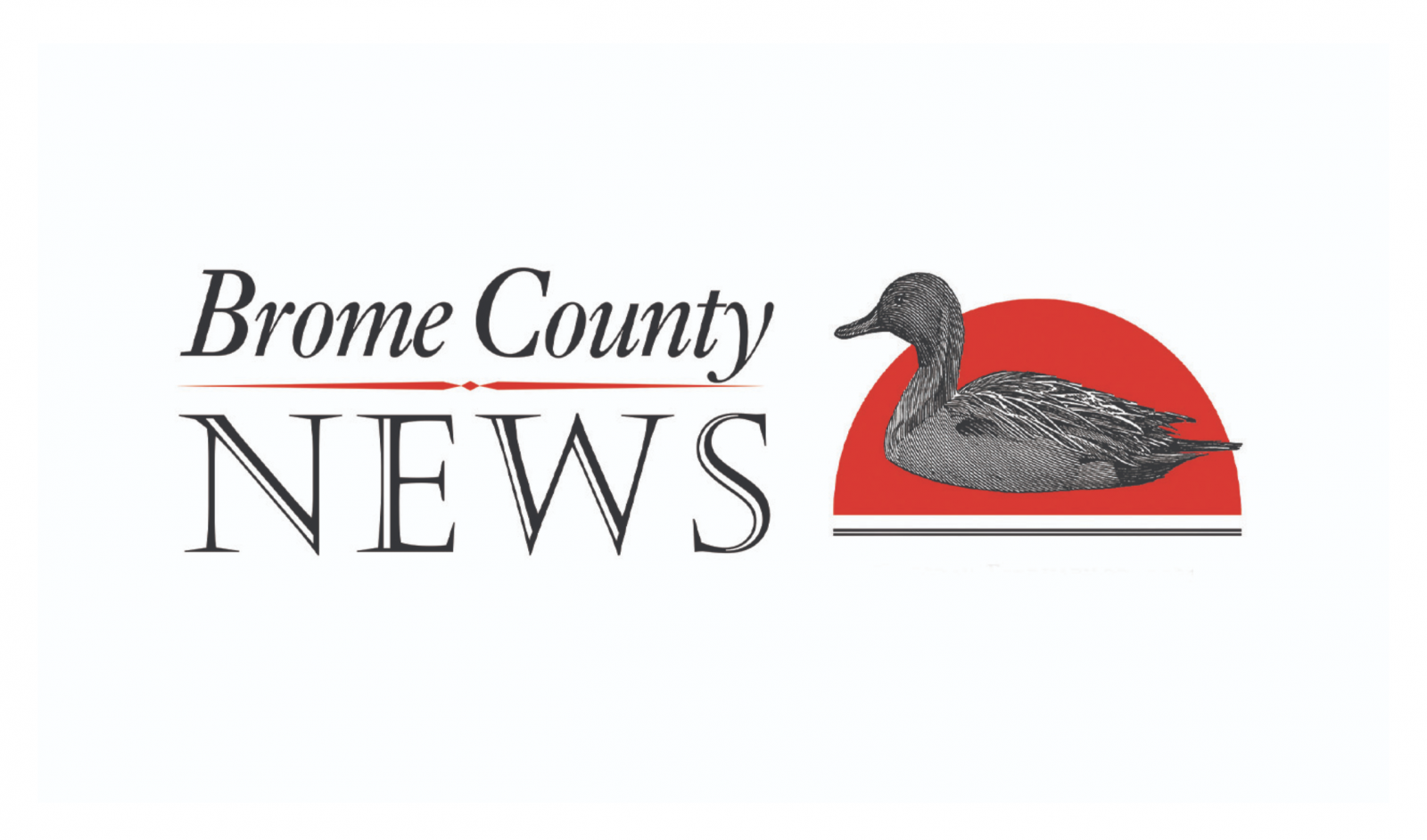As speculation continues to swirl around the future of the right to access English-language services in Quebec in light of the passage of Bill 96, the Quebec Community Groups Network (QCGN) has unveiled a new online portal focusing on access to justice in English.
The website was unveiled on June 10 at the QCGN policy forum, English- speaking Quebec at a Crossroads.
Over the past year, as QCGN Access to Justice project manager Mitra Thompson explained, project staff worked to identify “areas where the rights of English speakers to justice may not be as strongly upheld as they could be,” research existing laws and possible solutions to access issues, and “collaborate with stakeholders at the community and government level” to improve access to services in English.
The fourth plank of the Access to Justice strategy is sharing information with a wide audience, in concise and accessible language. “We firmly believe that knowledge is empowerment,” Thompson said.
That’s where the Access to Justice portal comes in. The portal contains searchable answers to frequently asked questions about criminal justice, education, employment and labour law, family and youth protection, housing and immigration. Concise summaries can be easily pulled up on a smartphone. An English speaker who has been arrested or detained, for example, can see at a glance that although police “are not obligated to speak to you in English or your native language, they must make sure you understand your rights,” whether that means relying on an interpreter or on available written information. An English speaker who is accused of a crime, the site clarifies, has the constitutional right to have his or her bail hearing, conference and trial be conducted in English and have the court’s judgment on the case delivered in English.
An English speaker who believes he or she has been racially profiled can pull up a section that contains an excerpt of the Quebec Police Code of Ethics and links to file a police ethics complaint or a human rights complaint on the spot.
Issues specific to the English- speaking community, such as laws around English public school eligibility and access to health care, are also covered. Thompson says more subject areas will be added in the coming months. The site also contains links to legal clinics, helplines, further explanations on the bilingual legal education website Éducaloi and regional resources. “It will be an ongoing process to keep [the portal] relevant and to make a difference,” commented QCGN executive director Sylvia Martin- Laforge.
Users who have interacted with the justice system can take a brief survey on the site about their experience, to add to the project’s body of knowledge about how anglophones interact with the justice system in practice. The site also offers a Bill 96 impact awareness questionnaire, which users are encouraged to take to help the project team better understand how Bill 96 impacts the justice system in practice.
The portal is accessible at qcgnjustice.ca.


